An entrepreneurial ecosystem to harness the destructive energy of pine needles for climate adaptation through clean energy generation.
Long Description
Problem
The main driver of increasing fire incidences are widespread mono-cultures of Chir pine, (Pinus roxburghii) an aggressive, invasive, fire resistant tree specie. Its leaves, called pine needles, build a thick carpet on forest floors when they shed. This biomass acts as an impact multiplier of forest fires that destroy biodiversity. It also increases soil acidity and reduces percolation of water into the soil.
Solution
Avani Bio Energy has developed technology utilizing pine needles as fuel in biomass gasifiers. Pyrolysis of the fuel creates bio-char and releases producer gas. Once cooled and filtered, the gas runs an electricity generator. Residual charred pine-needles are mixed with a binder and pressed into briquettes, used as cooking fuel.
Approach
Our approach is to develop rural micro-entrepreneurs to set up and operate small-scale power plants (10-30 kW). Because of the low density of pine needles, it is uneconomical to transport them over long distances. Therefore the plants are being set up in the vicinity of pine forests to ensure a sustainable fuel supply chain. We are mobilizing and remunerating local communities for manual collection of pine needles during summer months.
Impact
Conservation of biodiversity protects the communities’ agricultural and ecosystem resources while making their habitat more robust and climate adaptive. Provision of a sustainable source of cooking fuel reduces pressure on forests for fuel wood and drudgery for women. Generation of conservation based livelihoods for locals from underprivileged communities improves the rural economy and slows the trend of migration induced by resource stress.


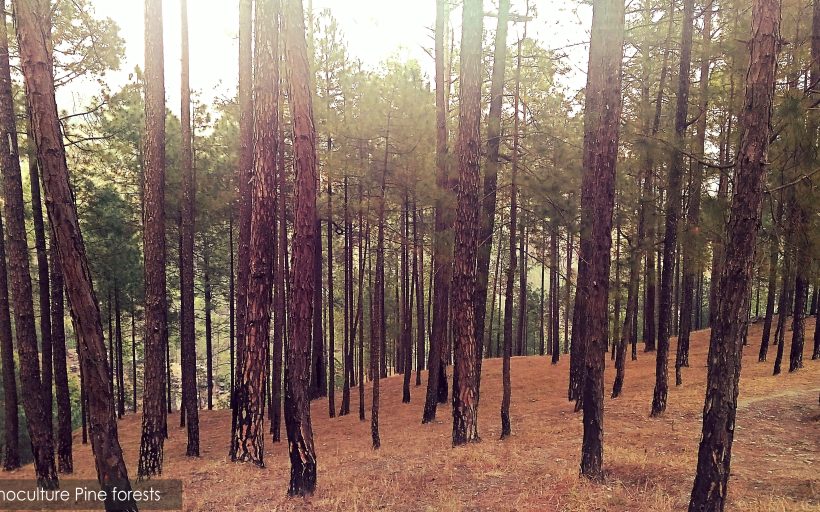
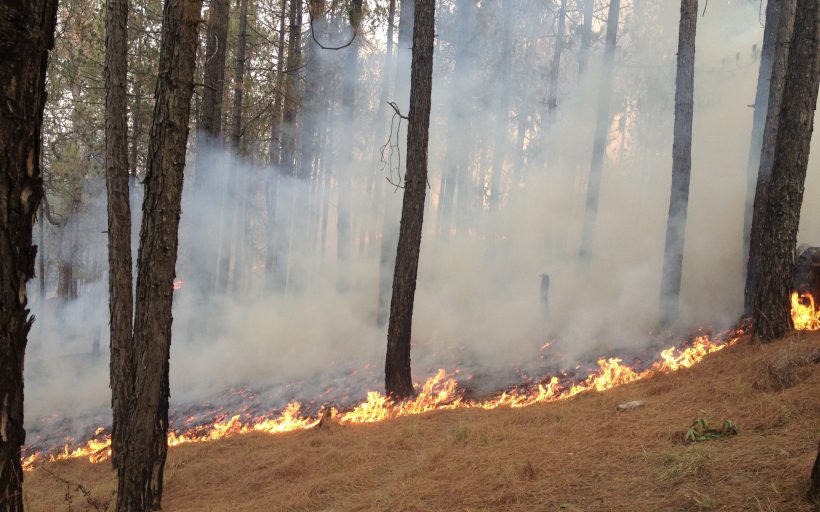
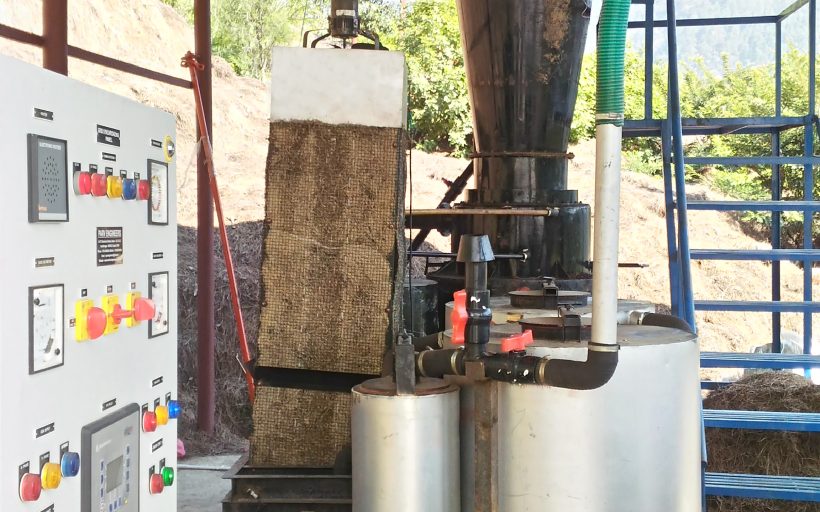

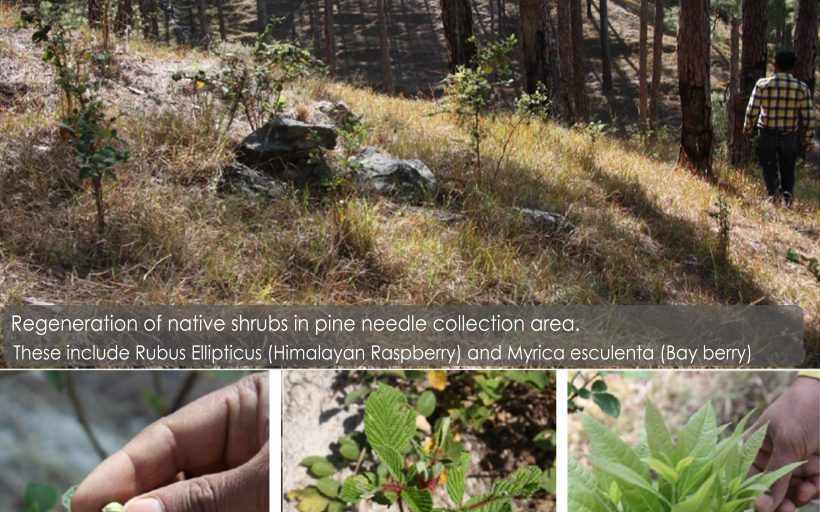
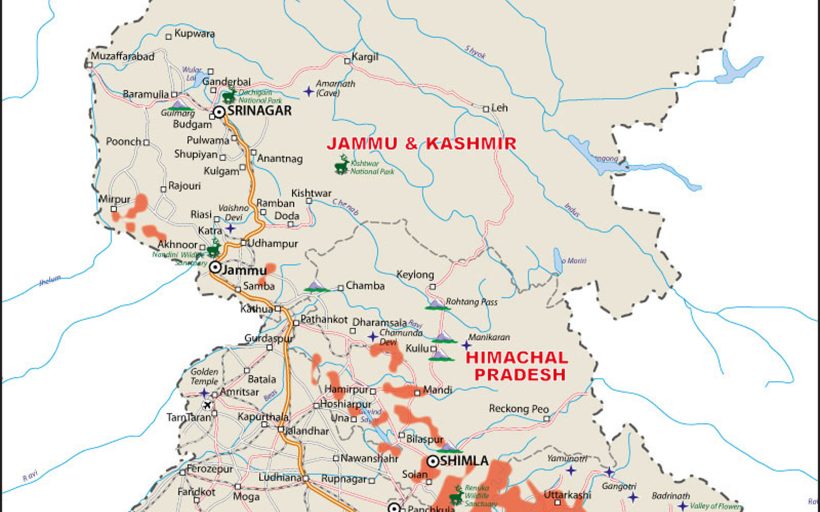




Share on social media.
Facebook
Twitter
LinkedIn
Mail